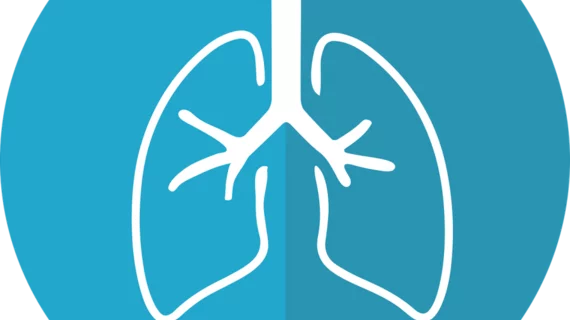ACR selected to train ‘B Reader’ physicians for government program
The American College of Radiology (ACR) Education Center has been chosen by the National Institute for Occupational Safety and Health (NIOSH) to train qualified physicians to identify signs of pneumoconiosis in chest x-rays.
These physicians, known as “B Readers,” help the NIOSH monitor the health of coal miners by periodically viewing x-ray results and searching for changes related to pneumoconiosis. B Readers also help monitor the health of workers exposed to silica and asbestos.
The demand for B Readers has grown in recent years, according to a statement from the ACR, but the number of B Readers working in the United States is down significantly in the last 15 years.
“The ACR Education Center has been providing best-in-class, hands-on radiology education for more than a decade,” William T. Thorwarth, MD, CEO of the ACR, said in the statement. “We are honored to work with NIOSH to remedy attrition among B Readers, enable a new generation of B Readers and increase accessibility to these vital medical professionals.”
“The specialized ability of B Readers to identify early the presence and severity of chest radiographic findings holds the potential to improve health outcomes for many coal workers,” Jeffrey P. Kanne, MD, a longtime ACR Education Center course director, said in the same statement. “In addition, the opinions of B Readers have often been considered in compensation cases and other administrative and legal proceedings. It’s important that we expand the group of physicians who are qualified to provide this invaluable expertise.”
The ACR expects at least 80 physicians to be trained as qualified B Readers by August 2020. Courses begin in January 2020. More information is available here.

